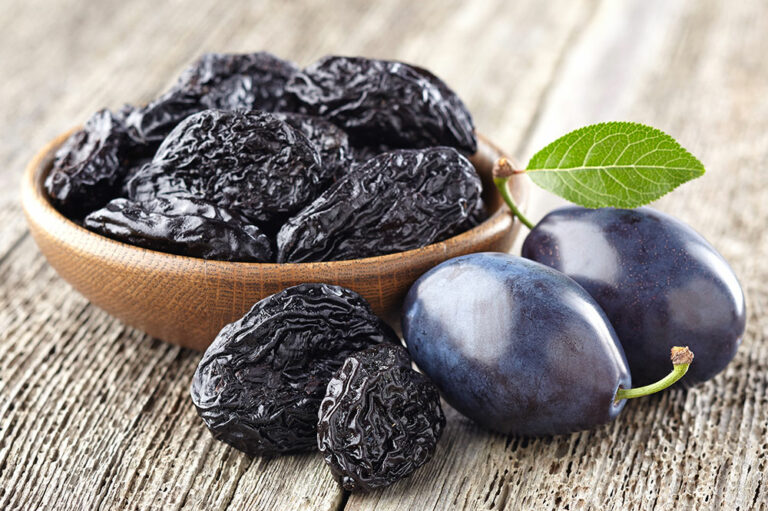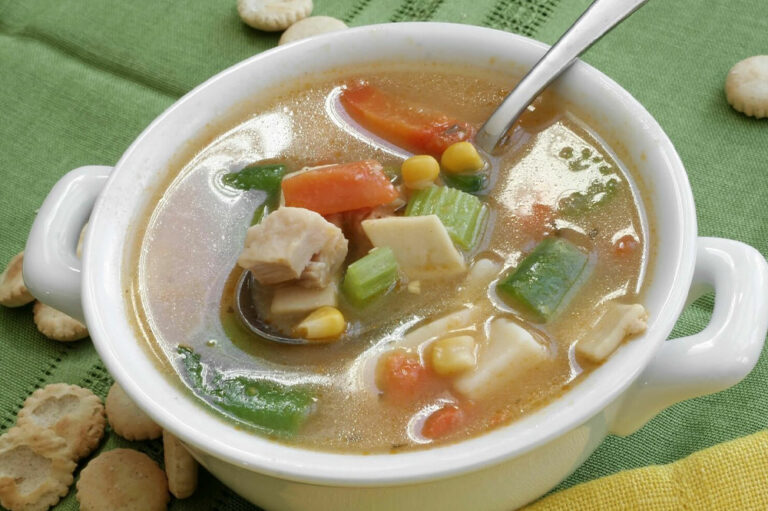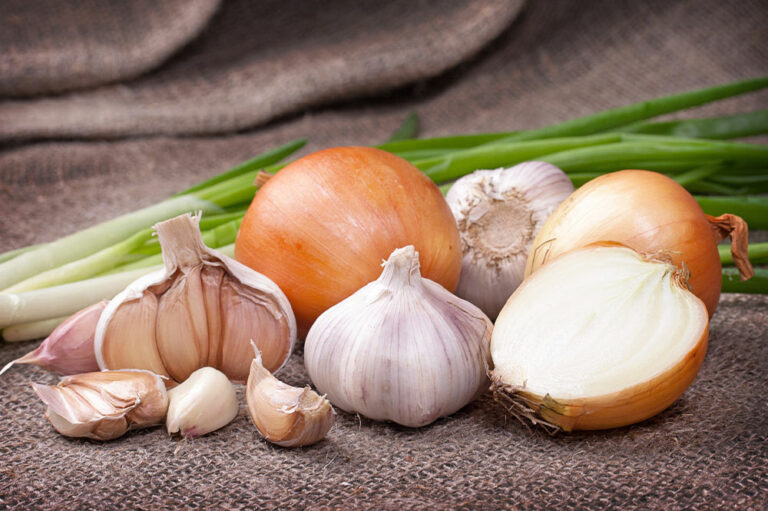
health
7 superfoods for improved blood count and circulation
Our blood performs various bodily functions and is indispensable to human life. It carries infection-fighting cells and antibodies, transports waste products to the liver and kidneys, and provides oxygen to different body parts. Thus, optimal blood count and circulation are crucial for overall health and well-being. Since blood count and circulation are partially regulated by the nutrition derived from food, doctors recommend a healthy meal plan that includes the following: Lean meats Red meats like beef, veal, pork, and lamb and poultry like chicken are the richest meat sources of iron, which can considerably increase blood count. They are also associated with the production of trimethylamine N-oxide in the body, which may improve blood flow in those with low blood pressure. Thus, individuals looking to improve blood count and circulation may benefit from adding lean meats to their meals. Spinach A leafy green vegetable, spinach is among the most recommended foods to increase iron in the blood and fight anemia. However, experts recommend eating cooked spinach to acquire maximum nutrients. It is also essential to supplement iron-rich leafy green vegetables like spinach, kale, fenugreek, and Brussels sprouts with vitamin C, as this vitamin helps with iron absorption. A few foods with high reserves of vitamin C are oranges, grapefruit, papaya, and pumpkin.
Read More 









